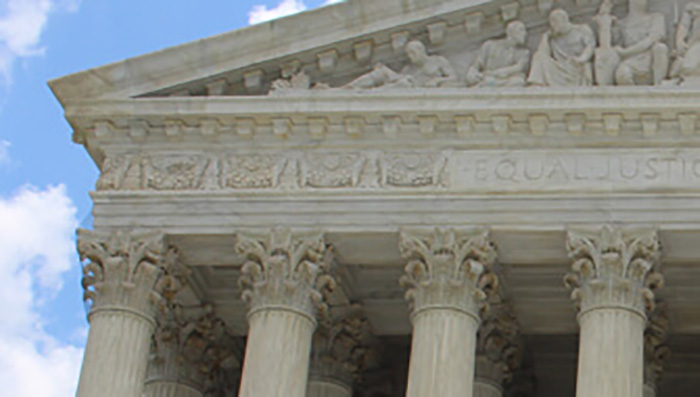U.S. Supreme Court Rules on LGBT Discrimination in the Workplace
Post Date: June 22, 2020
June 22, 2020 – On June 15, 2020, the United States Supreme Court issued its decision in regards to three different cases set before the court last fall. These cases, while each unique in certain particulars, share the same outline of events: an employer fired a long-time employee after the employee revealed their LGBT (lesbian, gay, bisexual, transgender) status. The Supreme Court looked to the Civil Rights Act of 1964 in order to answer the question of whether LGBT individuals fall within a protected class.
As this recent decision notes, “few pieces of federal legislation rank in significance with the Civil Rights Act of 1964.” The Civil Rights Act of 1964 banned discrimination of individuals on the basis of race, color, religion, sex, or national origin in voting registration requirements, public schools, places of public accommodation, and in the workplace. Title VII of the Act prohibits discrimination in the workplace, specifically discrimination in regards to hiring, discharge, compensation, terms, conditions, or privileges of employment.
The Supreme Court’s analysis specifies that its decision does not create any new protected category, but that discrimination of LGBT individuals is already encompassed in the phrase, “on the basis of sex.” The opinion frames the decision in this manner, “An employer who fires an individual for being homosexual or transgender fires that person for traits or actions it would not have questioned in members of a different sex. Sex plays a necessary and indistinguishable role in the decision, exactly what Title VII forbids.” In practice this mean, if an employer would not fire a female employee for dating men, firing a male employee for dating men is discrimination.
As a note, even if the employer cites additional reasons for the decision to fire an employee beyond their protected status, as long as their membership in a protected class is one of the reasons for the decision – the decision is discriminatory. For example, if an employer were to fire an employee for excessive tardiness, poor work performance, and being transgender– this would fall under a discriminatory practice. As such, the employer would be in violation of Title VII of the Civil Rights Act of 1964.
What does this mean for employers? It means now is an excellent time to revisit your organization’s policies and practices in regards to hiring, firing, performance review, compensation and conditions of employment. It also means now is the time to review human resource policies and practices around reporting and investigating claims of sexual harassment and discrimination. If an LGBT individual experiences sexual harassment or sex-based discrimination from a coworker, the employer has a responsibility to act quickly and appropriately. The Supreme Court’s ruling should be viewed as an opportunity to create safer, more equitable workplaces.

